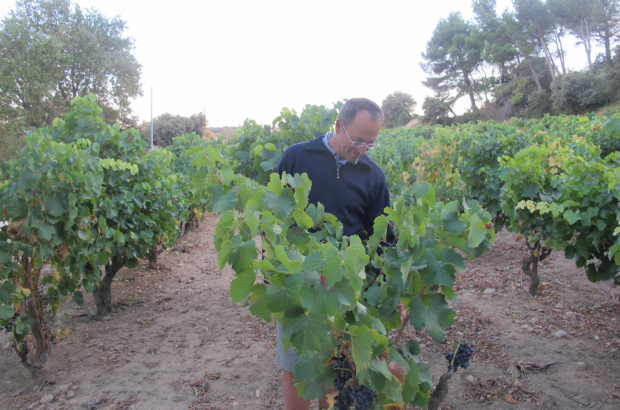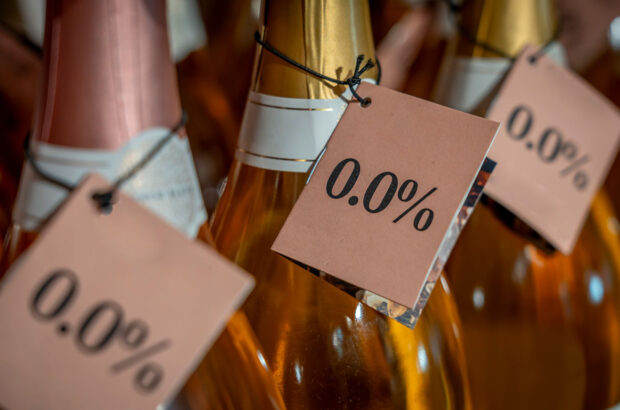On these pages you will find everything you need to know about investing in wine: the top ten investment brands, top ten traded wines, the best Bordeaux vintages to invest in, the best Lafite vintages, other investment wines, which merchants to contact and much more...
How to invest in wine – Tricks of the trade
CONSIDER buying a few large format wines en primeur as these big bottles are relatively rare and often command a significant early re-sale premium over standard bottle sizes. However, you should only buy trophy wines from great vintages. If you are buying Yquem as an investment only buy halves. Do not buy large format Yquem. Half bottles of Yquem trade at a premium because they are more popular, because and are consumed more often. Conversely, large format bottles are consumed much less frequently so tend to hang around in people’s cellars. Generally though, Sauternes is not regarded as a blue chip investment in comparison to the demand for top class claret.
READ around the subject as much as you can. Apart from reading decanter.com and Decanter, key critics to follow include Jancis Robinson, Steven Spurrier and, of course, Robert Parker in his Wine Advocate. For a more academic approach to wine investment buy Mahesh Kumar’s book called ‘Wine Investment for Portfolio Diversification’, published by The Wine Appreciation Guild. More recently published in 2008 is ‘Investing in Liquid Assets – uncorking profits in today’s global markets’ by David Sokilin and Alexandra Bruce. The book is published by Simon & Schuster and costs £17.99. For statistical information on how the wine market is moving check out Liv-ex.com’s various wine investment indices and market updates.
PAY ATTENTION TO PARKER! The importance of Parker points cannot be stressed enough. According to recent research there is still a strong correlation between a highly rated Parker wine and its subsequent return on investment. In the last year, 99-100 point wines have generated twice the performance of 92-93 pointers. On average wines with less than 94 points have underperformed in comparison.
GO FOR A SMALL NUMBER OF HIGH VALUE ITEMS – rather than having lots of cases of more modest wines amounting to the same value. Not only do the top 100 point trophy wines tend to generate more profits, the storage costs of having a large number of cases will eat into your profitability.
Where to buy?
At Auction You will get very good wine advice from the leading Auction houses specialist wine departments – but they are not investment specialists. Until the end of 2008, the Auction market has been incredibly strong and something of a seller’s paradise with a slew of record prices, particularly in the US and more recently Asia. Prices and estimates did drop at the end of 2008 and the beginning of 2009. But since then, the global auction market has also rebounded with vim and vigour, particularly for the most sought after trophy wines with perfect provenance. Remember to factor in the buyer’s premium which can be as much as 15% in the UK. (Currently, the auction market is an excellent place to buy more modest good quality wines for drinking.)
From a Merchant or Broker Remember that brokers and merchants tend to know more about wine than they do about personal wealth management: they are not qualified financial advisors. Nevertheless, some do offer a range of investment services including portfolio management services, cellar plans and advice on investment. Naturally some are better at this than others. So do shop around. Generally though merchants are in business to sell wines from a list and so have a vested interest in whatever wines and advice they are supplying.
Specialist Wine investment Companies Be very careful when dealing with specialist wine investment organisations. There are a few reputable companies who have been operating for over a decade and have a proven track record. But many others should be treated with caution. Do not agree to paying any up front commission fee. Some companies charge as much as much as 25% and are best avoided.
Do not deal with anyone who uses cold calling or strong arm sales tactics. Do not deal with anyone who operates via a PO Box. Be wary of anyone whose prices are too low or too high. Do check that the company is not one of the dodgy investment companies named and shamed on www.investdrinks.org website. Ask around to make sure that the company you are thinking about dealing with is well-known and above board.
Wine Investment Funds There are now several extremely successful and reputable wine investment funds around the world. The advantage of these professionally managed funds is that they tend to be run by ex City investment professionals who are literate in fine wine as well as high finance. Given the complexity of wine investment, it may make sense for some people to hand over the buying and selling decisions to these professional fund managers. Investors can also take advantage of these ‘unit trust’ funds to spread their risk more effectively. Successful funds have also been set up in such a way that investors avoid paying CGT on any gains accrued from selling the fund’s units. Finally, a number of these funds have some FSA regulation.
Of course, investors do pay a variety of fees for the privilege of having their liquid assets managed on their behalf. Do check out what these are and what is the minimum subscription. Moreover, not every wine investment fund has provided gold-plated returns for its investors. In 2005, the AWM fund, an off-shore mutual wine fund run out of Geneva went into liquidation. In the same year, an Australian fund, Heritage Fine Wines also collapsed. Most recently, following the collapes of Uvine, the Amphora Fine Wine Fund has also been closed and its stocks liquidated. In which case, do as much research as you can before putting your money into a wine investment fund.
Where to Sell?
At Auction If you have a large collection of great wines, a good auction house will negotiate down from its standard seller’s fee of 10% commission. Even in the current market conditions, the saleroom is still one of the best places to sell a stellar collection of trophy wines.
To a Merchant or Broker Generally, a merchant or broker will charge a commission of 10%. Some companies also offer an ‘Auction Hammer Price.’
Online Online Private Collectors and investors can also sell (and buy) wines through www.bidforwine.com or at an on-line trading platform such as Bordeaux Index’s market-making LiveTrade at www.bordeauxindex.com In July 2009, Berry Bros & Rudd also created BBEX – allowing Berry’s customers to buy and sell their wines stored with the St James St Merchants for a 10% broking commission.
How do I value my cellar?
You could ask your merchant to value it. If the wines are in good condition and stored under bond, you should be able to get a figure quickly over the phone. For more substantial and complicated collections cellared at home, a private valuation may be required. Another way would simply be to take the lowest prices on winesearcher.com and deduct 10% as the broker’s margin to leave you with a net value. A third way would be to subscribe to an on-line subscription-based product from liv-ex.com called ‘Cellar Watch’. This allows investors to value their cellar using the most up-to-date prices. Fine & Rare Wines also offer an on-line valuation service at www.frw.co.uk
How to invest in wine without buying a bottle
Since 2008, it has been possible for investors to speculate on changes in fine wine prices without having to take delivery of any wine, let alone pay storage charges or worry about provenance. ODL Markets, part of trading house ODL Securities, is offering investors the chance to place spread bets on the future value of the Liv-Ex 100 Index. Participants bet a fixed amount per point of the index that it will go up – or down – on a quarterly basis. All gains are tax-free.
More recently, Intrade Ltd have created the world’s first publicly traded futures contracts written on the fine wine market. Intrade will list on its prediction market platform cash settlement futures contracts based on Liv-ex’s proprietary Liv-ex 100 Index. Significantly, this move will also this give merchants, funds and investors an opportunity to hedge their exposure to the underlying market.







